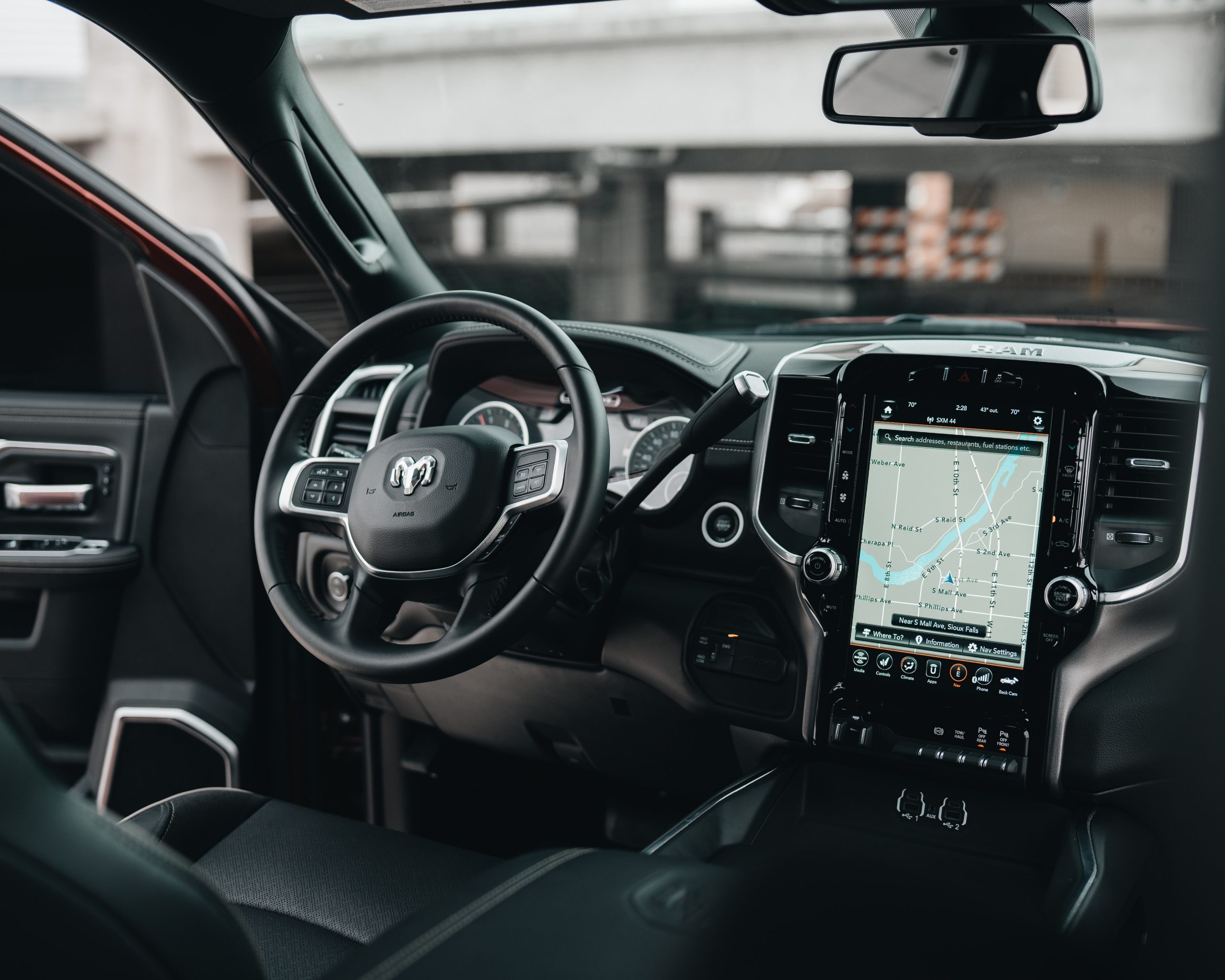
There are a lot of things to think about when it comes to buying RV insurance. Do you want comprehensive or liability coverage? What about uninsured or underinsured motorist protection? It can be tough to decide what’s best for you and your family. In this blog post, we will take a detailed look at residential vehicle insurance policies. We’ll discuss the different types of coverage available and help you figure out which one is right for you. So, whether you’re a first-time buyer or just looking to see if you’re getting the most out of your policy, this information is most definitely for you.
Table of Contents
What Constitutes As A Residential Vehicle?
The first step in understanding your residential vehicle insurance policy is to know what, exactly, constitutes as a residential vehicle. In short, it’s any type of motorized vehicle that is used for transportation and is designed to seat at least eight passengers. This includes cars, vans, trucks, buses, and RVs. It’s important to note that your regular automobile insurance policy will not cover you if you’re using your vehicle for business purposes. If you’re planning on doing any type of commercial activity with your RV – even if it’s just renting it out to others – you’ll need to purchase a separate commercial policy.
Commercial RV policies are usually more expensive than residential ones, so it’s important to know exactly what you’ll be using your vehicle for before you start shopping around.
Types of Coverage
Now that we’ve got that out of the way, let’s talk about the different types of coverage available under a residential vehicle insurance policy. The two main types are comprehensive and liability.
Comprehensive coverage will protect you from damages caused by things like weather, theft, vandalism, or accidents with animals. It’s important to note that this type of coverage is not required by law, but it can give you peace of mind knowing that you’re protected in case something happens to your RV.
Liability coverage, on the other hand, is required by law in most states. This type of coverage will protect you from damages that you may cause to another person or their property. It’s important to make sure that you have enough liability coverage to protect yourself in case of an accident. The amount of coverage you need will vary depending on the value of your RV and the laws in your state, so it’s a good idea to speak with an insurance agent to figure out how much is right for you.
There are a few other types of coverage that are available under a residential vehicle insurance policy, but these are the two most common.
Other Types Of Coverage
In addition to comprehensive and liability coverage, there are a few other types of coverage that you may want to consider.
Uninsured/Underinsured Motorist Protection
This covers damages caused by an uninsured or underinsured driver. If you’re in an accident with someone who doesn’t have insurance, this coverage will help pay for your repairs. It’s important to note that this type of coverage is not required by law, but it can give you peace of mind knowing that you’re protected in case of an accident.
Medical Payments
This type of coverage will help pay for your medical bills if you’re injured in an accident. It’s important to note that this type of coverage is not required by law, but it can give you peace of mind knowing that you’re protected in case of an accident.
Personal Injury Protection
You can be reimbursed for your lost wages if you’re injured in an accident. If this collision involves a company or otherwise commercial vehicle, check with your insurance provider to see if your claim will interfere with any legal action you may decide to take. You can contact an attorney for any additional questions.
Rental Reimbursement
Rental Reimbursement pays for your rental car expenses if your RV is damaged in an accident. This is good to have for unexpected emergencies on vacations. The company you rent your RV from may offer an insurance plan for the daily rental fee, but sometimes it’s beneficial to have additional coverage.
Towing and Labor
This insurance will help pay for your towing and labor expenses if your RV is disabled. Unexpected emergencies are bound to happen, especially on longer trips. A good contingency plan always helps.
As you can see, there are a lot of different coverages available under a residential vehicle insurance policy. It’s important to speak with an insurance agent to figure out which type of coverage is right for you.
An insurance agent can help you figure out how much coverage you need and what type of policy is right for you. They can also help you compare rates from different insurers to make sure you’re getting the best deal.